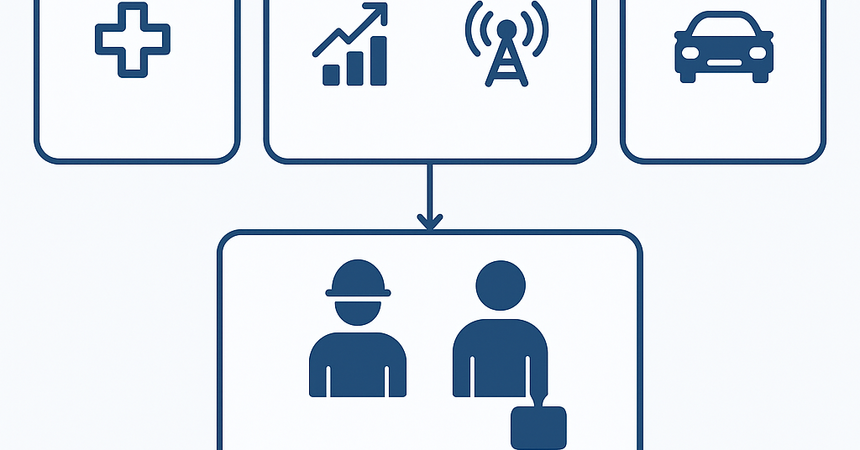How the Certification System Works in Israel: Who Issues Permits and Which Organizations Really Influence the Market
Israel is one of the most technologically advanced countries in the world, and this is directly reflected in its certification system. It is designed to protect consumers and ensure a high level of product quality. At the same time, the system is flexible - many procedures are recognized internationally, which simplifies the work of importers and manufacturers.
Let’s examine how everything works, who issues permits, and which organizations really influence the market.
Key Principles of Certification in Israel
The Israeli certification system is based on three main principles:- Government control and supervision over product safety;
- Participation of independent laboratories and expert institutions;
- Recognition of international standards and test results.
Standards Institution of Israel (SII) - the main standardization center
The main body responsible for developing standards and issuing certificates is the Standards Institution of Israel (SII).- SII develops national standards and defines which ones are mandatory and which are voluntary.
- This institute conducts tests, inspections, and issues the conformity mark - the “Standards Mark”.
- For certain categories of products (electrical equipment, construction materials, children’s products, textiles, etc.), having this mark is mandatory for sale in Israel.
ISRAC - accreditation of laboratories and certification bodies
The next important element is ISRAC (Israel Laboratory Accreditation Authority).- It is the national body that accredits laboratories and conformity assessment organizations.
- Without ISRAC accreditation, test results may not be recognized by government agencies.
- Accreditation is carried out according to international standards ISO/IEC 17025 and ISO/IEC 17065.
Ministries and sectoral regulators
In addition to SII and ISRAC, sectoral ministries also participate in the process, each regulating specific product categories:- Ministry of Economy and Industry - general supervision over the certification system, technical regulations, and imports.
- Ministry of Health - control of medical devices, pharmaceuticals, cosmetics, and dietary supplements.
- Ministry of Environmental Protection - checks environmental parameters of products and packaging.
- Ministry of Communications - issues permits for the use of radio and telecommunication equipment.
- Ministry of Transport - responsible for certifying vehicles and auto parts.
How the certification process works
The path from product import to obtaining permission looks like this:- The manufacturer or importer submits an application for certification;
- The product is sent to an ISRAC-accredited laboratory for testing;
- Test reports and technical documentation are prepared;
- SII or another authorized body reviews the results and issues a certificate of conformity;
- If necessary, the product is labeled with the standards mark and approved for sale.
Who really influences the market
- SII - sets the rules of the game by defining standards and quality criteria.
- ISRAC - builds trust in testing and certification bodies.
- Ministries - introduce sectoral restrictions and technical requirements.
- Major importers and distributors - set their own quality standards and effectively shape the market.
- International regulators - having CE, FDA, or ISO certificates often speeds up Israeli certification.
Why it is important to work with experts
The Israeli certification system is complex, and documentation and testing requirements can vary even by product category. A mistake in product description or a wrongly chosen laboratory can delay supply for months.That is why it is best to entrust the process to professionals who know local requirements and work directly with SII and ISRAC.
Contact WorldWideBridge - we organize product certification in Israel from start to finish: from document verification and testing to obtaining certificates and permits. Everything - clearly, transparently, and on time!
